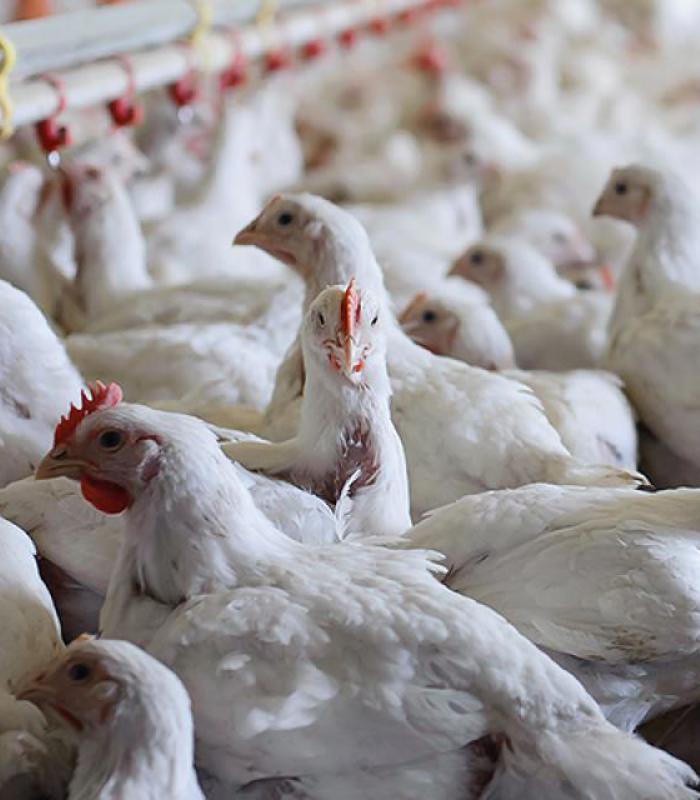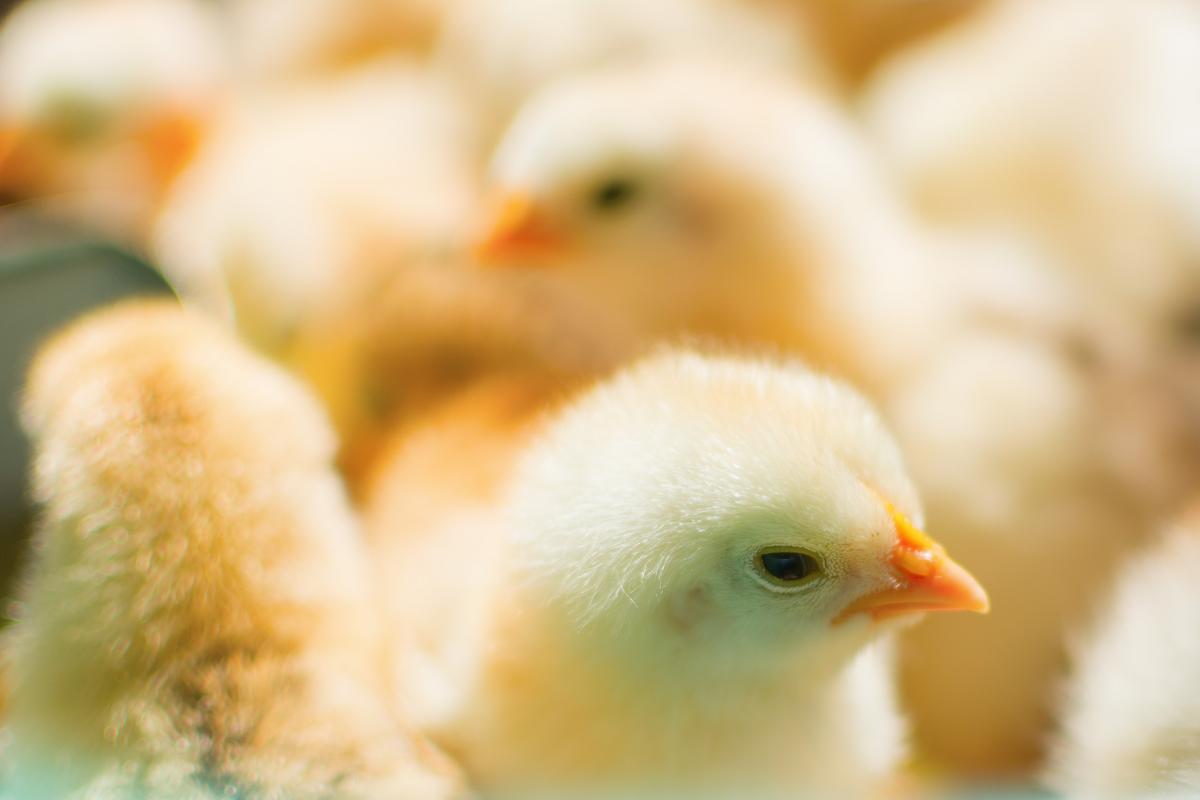HAS University of Applied Sciences, Heijs Food Products, Wageningen UR Livestock Research, Wageningen UR Food & Biobased Research and Marks & Spencer have been working together since February 2015 on the development of an innovative poultry supply chain. A supply chain characterised by its a high levels of animal health and welfare, guaranteed product quality and safety, and unique, innovative products. What is special about the projects is that 5 study programmes from the HAS University of Applied Sciences are working on multiple professional assignments and the final-year students are not only being supervised by HAS lecturers, but also by researchers from Wageningen University. This is the first time such a construction has been seen.
High quality and safety
“The aim of the project is to contribute to the development of an innovative broiler supply chain that guarantees the high quality and safety of the product, and therefore meets the consumer’s demands,” says Gerben Hofstra, the coordinator of the project from HAS University of Applied Sciences. “We’re also working on guaranteed traceability and product safety with high levels of animal health and welfare in the supply chain, as well as adding value and creating innovative new products.” Eventually the participating institutions want to complete around 30 professional assignments within 3 years.
Innovation is necessary
“The sector needs innovation,” says Gerben as he explains the motive behind starting the project. “The Dutch sector needs to distinguish itself from countries where production is cheaper and fewer demands are set regarding food safety, product quality and animal welfare. The consumer has become more demanding, something that businesses want to respond to. Heijs Food Products is the driver behind the project. The poultry processing plant recognised the need to innovate, and sat down with Wageningen UR. The role of the HAS is in providing project teams from various study programmes.
Different approaches
Within the collaboration, project teams from the study programme Business Administration & Agribusiness are focussing on maximum transparency and traceability (‘farm to fork’), including the development of a system to measure and monitor integral sustainability. The study programmes Applied Biology and Animal Husbandry & Animal Care are focussing on improving animal welfare in the entire production supply chain: not only for the broiler company itself, but also during catching, transport and the slaughter process. They are also focusing on improving animal health and robustness, with the aim of becoming an antibiotics-free and Campylobacter-free production.
Connections to come together
Finally, Food Design & Innovation and Food Technology are focussing on adding value and the development of allergen-free, E-number-free and low-salt products. They are also developing new products from parts of the chicken other than the breast meat, and are working on adding value to the offal. Gerben: “The study programmes are all working from their own prospective, but there are some connections during the professional assignments, where they come together. Applied Biology and Animal Husbandry & Animal Care are at the beginning of the supply chain, Food Design & Innovation and Food Technology at the end. Business Administration & Agribusiness has an overview of the entire supply chain.”
‘Chicken wall’ at BO Expo
At the BO Expo, which is part of the HAS Year Event held in June, 9 professional assignments from this project held a poster presentation. This resulted in a ‘chicken wall’, which attracted considerable attention. In the coming academic year, 5 new professional assignments will start in September.


